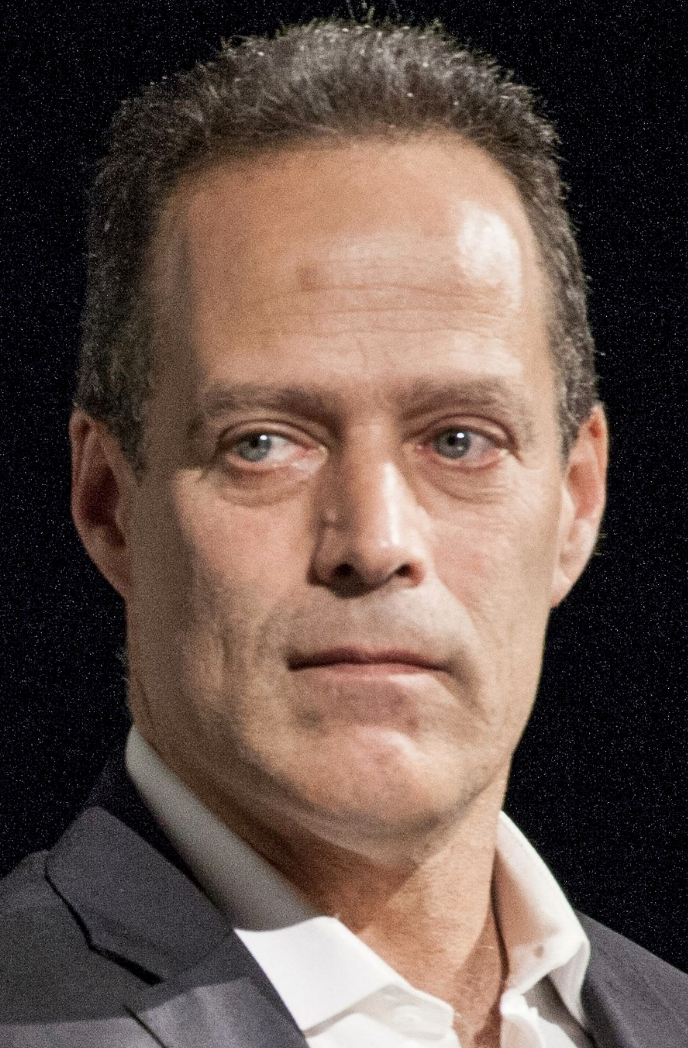On this date in 1962, journalist and filmmaker Sebastian Junger was born in Belmont, Mass., to painter Ellen Sinclair and physicist Miguel Chapero Junger, who emigrated to the U.S. from Germany in 1941 because of his paternal Jewish ancestry. The younger Junger said he was raised in “a very rational household.” In a 2016 New York Times interview, he said, “I grew up with parents who were essentially antireligious, and so I never attended church. John Stuart Mill’s ‘Utilitarianism’ gave me the kind of ethical guidance that every person needs — religious or otherwise.” He studied cultural anthropology in Connecticut at Wesleyan University, which became independent of the Methodist Church in 1937, and graduated in 1984.
He started working as a freelance journalist while taking other jobs to support himself, later successfully selling pieces to publications like Harper’s, The New York Times Magazine, Vanity Fair, National Geographic Adventure, Outside and Men’s Journal. Researching hazardous jobs like commercial fishing led to his first book, The Perfect Storm: A True Story of Men Against the Sea (1997), which became a bestseller and a movie in 2000 starring George Clooney and Mark Wahlberg. Fire (2001) was a nonfiction collection about more dangerous pursuits — diamond mining, firefighting, peacekeeping in Kosovo and guerrilla warfare in Afghanistan. The previous year he had received a National Magazine Award for his Vanity Fair piece “The Forensics of War.” He received the 2007 Winship/PEN Award for A Death in Belmont, a book about the 1963 rape and murder of Bessie Goldberg.
He and British photographer Tim Hetherington teamed up on the award-winning “The Other War: Afghanistan,” shown on ABC’s “Nightline” in 2008. Junger’s book War (2010) revolved around a U.S. Army airborne platoon in Afghanistan. He and Hetherington co-directed a related documentary film, “Restrepo,” nominated for a 2009 Academy Award. Three documentaries about war and its aftermath followed: “Which Way Is The Front Line From Here?” (2013, about Hetherington’s 2011 death while covering the Libyan civil war), “Korengal” (2014) and “The Last Patrol” (also 2014). Another book was published in 2016, Tribe: On Homecoming and Belonging.
Hetherington’s death made Junger question his own willingness to put himself in harm’s way to get the story and helped him decide he’d had enough. “I suddenly was realizing the effect of Tim’s death on everyone he loved, including me, and I just didn’t want to risk doing that to everyone I love.” (Cultist, 2013.) During a 2014 ethics panel discussion hosted by the Carnegie Council for Ethics in International Affairs, he was asked if he was an atheist in a foxhole and answered, “As an atheist, I think about that phrase and I think, what is it really about an artillery bombardment that leads you to the conclusion that God is involved in this? I really see it the other way around: Clearly, God has nothing to do with what’s going on today.” Asked a similar question in a 2016 C-SPAN2 interview about there being no atheists in foxholes, he said, “I know empirically that’s not true.”
Junger married Daniela Petrova in 2002. They divorced in 2014. As of this writing, he lives in New York City and Cape Cod, Mass.
PHOTO: U.S. National Archives, public domain photo, 2013


